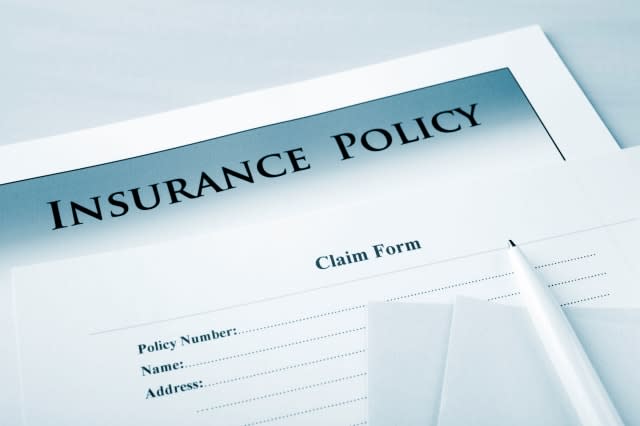Confused by insurance? How to make sure it pays out

You're not on your own if you don't fully understand how your insurance policy works. Two thirds of people find insurance confusing, according to new research from the Co-op, and there's a danger that could lead you to miss out on the right cover.
Having insurance can be vital if you experience damage or theft to your property and belongings, with the annual premium usually outweighing the expense if you have to pay out for repairs and replacements yourself.
But the desire to get the best deal possible can mean we sometimes confuse cheap with good. Combined with terms and conditions that are often heavy reading, and language that isn't always crystal clear, you might actually not have the cover you think you have, and that could mean your claim is rejected.
Will your insurance pay out?
Separate figures released this week by the Association of British Insurers (ABI) back this up. Though almost 100% of car insurance claims received a pay out, one in five home insurance claims and one in ten travel insurance claims were rejected in 2013 and 2014.
How much is the average insurance pay out?
The average payout for motor insurance was £2,160; for home insurance claims the amount was £2,520, and for travel insurance £884. Figures for 2013 and 2014. Source: ABI, January 2016.
The reason? Well there are a few. The ABI say for rejected home claims people often weren't covered for accidental damage, which is usually an extra cost.
With travel insurance, people didn't always declare an existing medical condition or couldn't prove they had lost an item.
With both, claims were turned down as the pay-out didn't go above the excess.
How to make sure you have the right insurance
Rather than take the risk, there are some quick and simple ways to make sure you've got the right policy.
Shop around for the best quote
Shopping around doesn't mean finding the cheapest quote, though you can save money.
Every year it's likely that your car and home policies will jump up in price. That's because providers often give the best deals to new customers.
By comparing different policies you should be able to find the same – or better – cover for less.
Check the excess on your insurance
Excess is the amount of money you have to pay on each claim before the insurer will make a pay-out. The higher your excess, the lower the cost of the insurance, and vice versa.
However, if the excess is too high, you might find it very difficult to claim for anything other than very expensive damage or loss.
Make sure your insurance covers you for what you need it to
Accidental damage is a key consideration. You'll pay more for it, but it offers you greater protection. Similarly, some household policies don't cover expensive items such as jewellery as standard, or if you for take valuables out of the home.
Travel is another insurance policy where it's important to check. If you do have a pre-existing medical condition, check you are covered. The same goes for any activities which could be considered dangerous, and that includes skiing and other winter sports.
This article is provided by the Money Advice Service.





